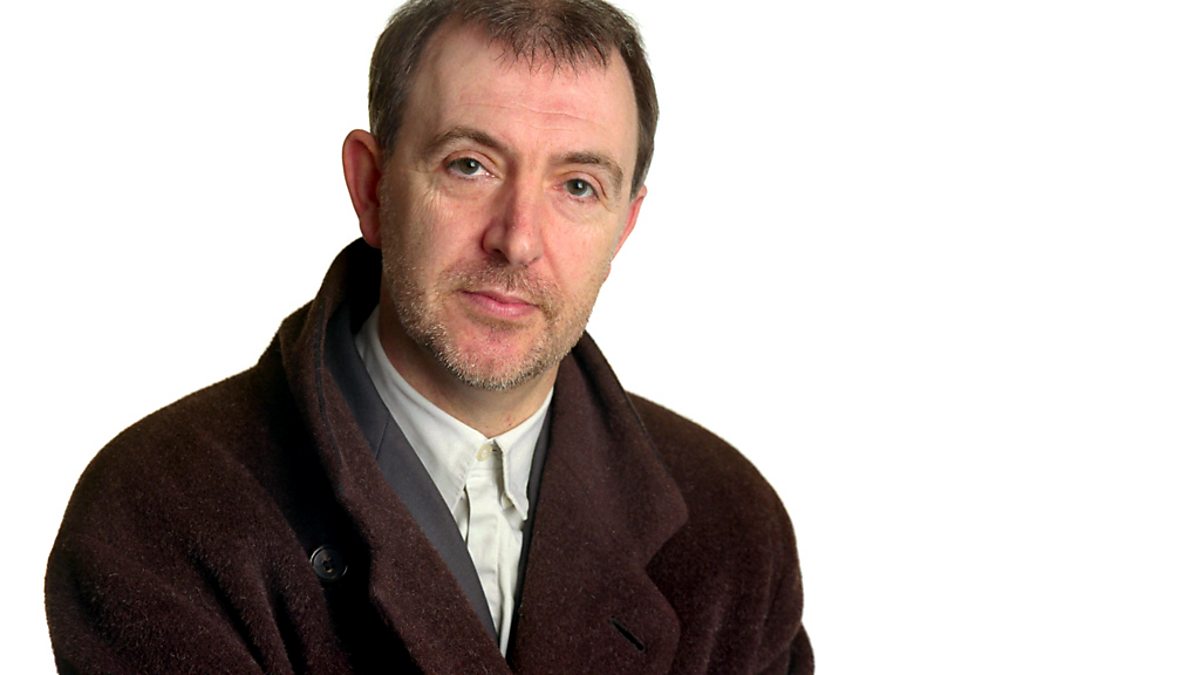This might be an interesting programme.
It features 91 year old Mary Midgley who is one of the prominent female moral philosophers. A strong critic of science's claim to answer all the most important questions about existence, she talks tonight about science, religion, the Gaia theory, maturity and the dangers of specialism.
Also on the programme is Havi Carel. Diagnosed with a serious illness at the age of 35, she now explores how philosophy can help us understand illness, well being and happiness and the surprisingly positive side of ill health.
It features 91 year old Mary Midgley who is one of the prominent female moral philosophers. A strong critic of science's claim to answer all the most important questions about existence, she talks tonight about science, religion, the Gaia theory, maturity and the dangers of specialism.
Also on the programme is Havi Carel. Diagnosed with a serious illness at the age of 35, she now explores how philosophy can help us understand illness, well being and happiness and the surprisingly positive side of ill health.

Comment